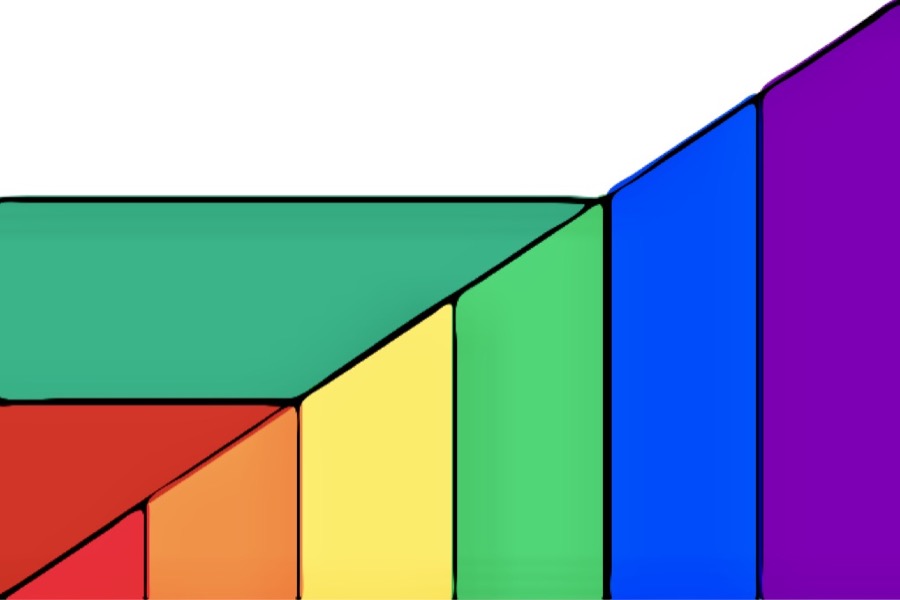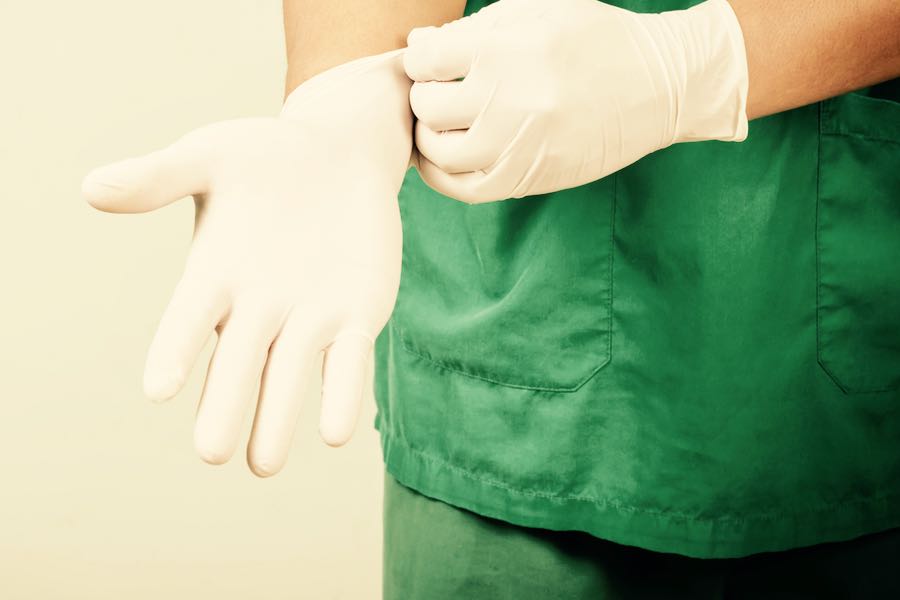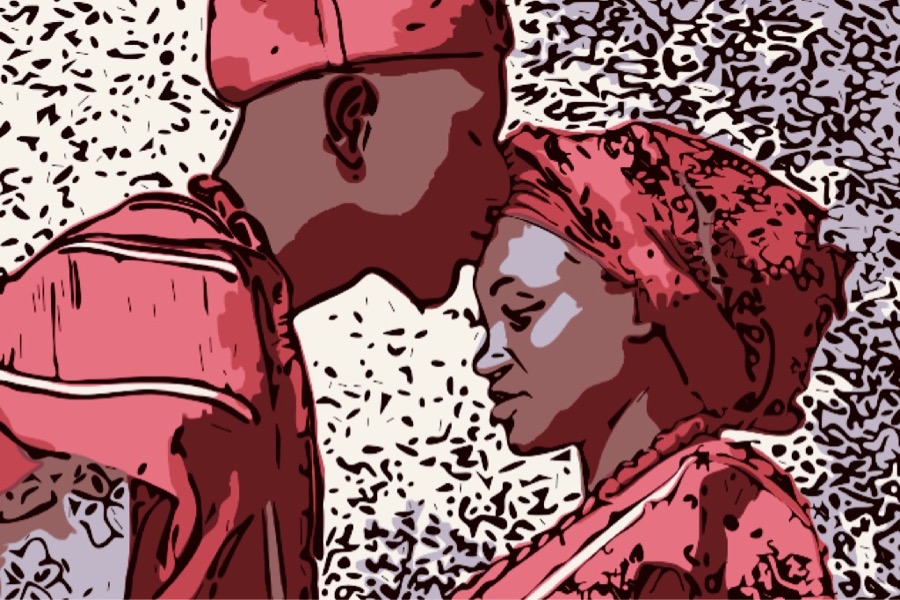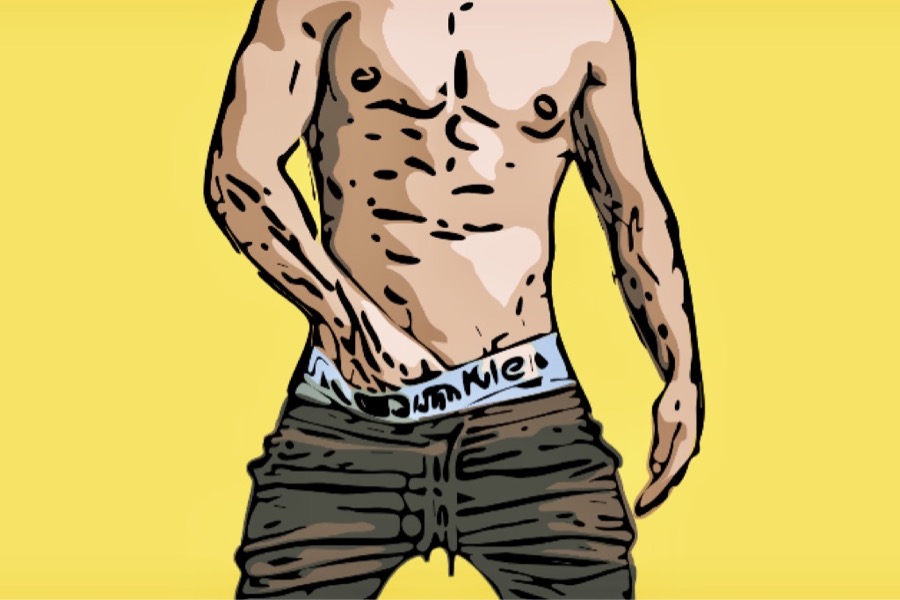Bulgaria is one of the less mentioned European Union’s countries and even the protests that started in the beginning of the year can hardly reach the front pages of newspapers, although these days, after arriving close to drop the second government in a few months [Novinite], they will maybe find some extra space. In this general silence, it is not surprising that even the participation of LGBT (lesbian, gay, bisexual and transgender) groups in the demonstrations has been almost invisible in the media.
The country is besieged by protesters for months and, after that the riots have brought down the right-wing government led by Boyko Borisov, which carried out austerity policies, the new government emerged from May elections (won by the center-left) and leaded by Plamen Oresharki has come in the protesters’ foresight, because of the widespread political corruption.
But along with the wave of revolt, even homophobia comes with the eastern wind: although the country recognize fundamental freedoms and there are some rules against discrimination, the conditions for LGBT people are quickly getting worse, as the parameters of the International lesbian and gay association (ILGA) show Bulgaria gradually descend in the ranking of rights.
Sofia Pride, which was planned on June 22nd, has been postponed. On one hand, the decision was due to the appeals of the city authorities and of the Ministry of the Interior, frightened by the possible violence that might accompany it [Balkan Insight, via Wayback Machine].
On the other hand the organizers have decided that to coincide with the resumption of the riots would not have been successful: “The protests started again on June 14th and it was inappropriate to keep the Pride in the original date, because it would be misinterpreted and would lose all its meaning – explains Monika Pisankaneva, chair person for the LBT organization Bilitis and one of the organizers of the Sofia Pride – At the moment we referred it to September 21st, because it would be impossible to revise the format in so few days.”
On June 22nd, the day that the march for rights was scheduled, a large anti-government demonstration was held and the LGBT community has decided to participate (see the picture above), also after the success of the gay-friendly hashtag #Обичайтесебе (“LoveEachOther”) which is associated with protests against the political class: “The LGBT community is part of the Bulgarian society and as such has the same motivation to protest against corruption than anyone else – says Marko Markov, president of Deystvie – However, we have additional reasons to protest. For example, there are many discriminatory messages against LGBT people and Turkish people.”
The LGBT activists marched in the protest holding posters like “I protest against homophobia and racism” and handing out double-sided flags: on one side the national flag, on the other the rainbow one. “Unfortunately – says Marko – the members of a football fans association, led by their president, attacked us and destroyed our posters. The police not only refused to defend us, but we were even ordered to leave because they had previously received complaints about our messages.”
“The good aspect was that there were a lot of random protesters who defended us – continues Marko – Several of them did not support our cause, but they supported our right to be there with our messages. They defended us in a very passionate and direct way. For me, personally, this support was crucial in a situation where I was feeling extremely vulnerable.”
It didn’t matter that the rainbow flags which were distributed were not the Pride’s ones: “It had seven colors – remember Monika – not six as the LGBT rainbow and when someone asked us if it was a gay flag we replied it was the rainbow of peace and that we the organizers of the Pride were there in solidarity with the goals of the protest. And a lot of people reacted positively to our message of a homo-hetero-trans union against political corruption.”
Despite this, as reported, some incidents happened: “While, on the one hand, it is perfectly logical that, when the rule of law is at stake, LGBT activists are part of the protest, it should be noted – explains Monika – that many anti-government slogans during the protests are homophobic in nature: it is something that we have tried to change, but with little success so far, unfortunately.”
But the incidents “were isolated” and took place, as in the case of the protest of June 22nd, when protesters begin to disperse. “When some people have gone home – remember Monika – the ones who stayed longer took part in a peaceful protest on the Eagles’ bridge, a symbolic place for all civic protests in Sofia, and were surrounded by several aggressive young men who accused them of ‘proselytizing homosexuality’ among the protesters’ children. Police officers have reacted in an extremely inappropriate way and the fight has not degenerated thanks to the intervention of other citizens, who reacted when an LGBT activist was hit. The case has been then brought to the attention of the Prosecutor.”
Now that even the president seems to suggest the government’s resignation, the future remains uncertain: Bulgaria is one of the poorest countries of the European Union and the austerity recipe that has been imposed by Brussels is going to hit once again mostly poor people. At the same time, protests will not inevitably promote better conditions for all: as long as you fight against corruption also gay, lesbian and trans are welcome, but after that will there be rights for them and other minorities? Or will the country choose the way to forbid the “gay propaganda” and a nationalism that discriminates at 360 degrees will win?
The Bulgarians riots seem difficult to juxtapose to the others who inflame the world in these last months: they look like the other ones due to the fear that good things they hold can be deleted by a future with even less rights, even more lack of freedom.
©2013 Il Grande Colibrì
photo: Il Grande Colibrì





As a Bulgarian gay man, I think this article portrays Bulgaria's LGBT community in a worse state than it actually is.